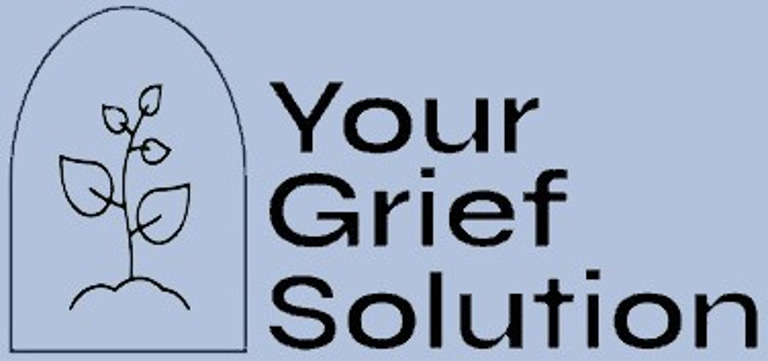9/11 The Aftermath: Loss of Life, Loss of Safety, Loss of Trust, and Loss of Innocence
3 min read
September 11, 2001 now lives in our language in the same emotional way as December 7, 1941 and November 22, 1963. Nearly everyone who was above the age of 5 at the time, remembers where they were when they found out about Pearl Harbor and about the shooting of John F. Kennedy. For most people, their first awareness of those events came on the radio. Later, as photo images trickled in from Pearl Harbor, and televised images filtered in from Dallas, the tragic news we had heard was matched by visual pictures.
But for most of us, September 11, 2001 is accompanied forever by the immediate, constant, and graphic images we saw, which have now been shown millions of times over. There was no time lag between the news and the pictures. It all happened simultaneously, in real time.
9/11 produced an incalculable amount of grief for the families and friends directly affected. Those of us who didn't know any of the innocent victims or those who lost their lives trying to save them, became grievers too. In addition to our natural concern for those who died and their survivors, whose worlds were decimated, we all experienced a loss of safety, a loss of trust, and above all, a loss of innocence.
Grief is the normal and natural reaction to loss, but our socialization and education shy away from grief and recovery, as if talking about them would somehow contaminate us or cause something bad to happen. As a result, we are shocked when we don't know how to deal with our emotional reactions to loss events.
Yes, most of us can say that we didn't know anyone who died in the 9/11 attacks, but that would not represent a total truth. As members of the family of humankind, we are all affected whether we knew someone or not. Sometimes the impact is in the memories those events stimulate in us about our loved ones who are no longer here. Sometimes those reminders send us forward in fear for our own safety or that of our loved ones.
The events that we see and hear about in the news affect us all. Billions of people were emotionally affected by the tragic death of Princess Di. Yet most of us had never met her, never had dinner with her, never had even seen her in person.
No, we are not comparing the death of a celebrity princess with soldiers in armed conflicts or with innocents in the Twin Towers. We are simply connecting the emotional dots caused when a news event worms its way into our personal, emotional neighborhood. Talk about a virus. The fears are planted in the computers of our minds, which then affect our emotions. These news events cannot be bypassed with an emotional anti-virus program. If we hear about them, they will affect us.
Loss is inevitable, along with the grief that must accompany it. Some events have direct and immediate impact on us and those in our family or community circle. Other events act as reminders of losses from our pasts. Sometimes larger than life events in the news engage our membership in the family of humankind and generate a wellspring of emotions. In all cases, we must learn to deal with our feelings as they occur.
Loss is constant. Even when the world seems to be rolling along a little more merrily, we still need more effective ideas and actions for dealing with grief. Don't leave yourself or your family in an emotional lurch. Acquire more openness and awareness about reaction to loss and what to do about it.
-Russell Friedman, The Grief Recovery Institute
_____________
If you are suffering from grief from the loss of your loved one, please reach out today. I am here to answer any questions you may have about The Grief Recovery Method. Let's decide together if my 7-session program is right for you. I am here to help you live a more joyful, peaceful life.
Contact me at 615-905-6565 or email me at andrea@yourgriefsolution.com, you can also leave a private message in the contact section.
Contacts
andrea@yourgriefsolution.com
615.905.6565
